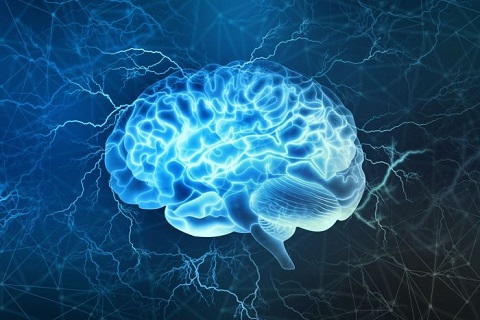THC Use for Stimulating Brain Cell Regeneration and Protection
There is a widespread belief that using marijuana at a young age can lead to some sluggishness in actions and thought processes. Of course, these changes are not permanent: after stopping marijuana use, thinking speed and physical reaction recover. However, marijuana still has a significant negative impact on the brain’s short-term memory. Interestingly, recent research into the effects of cannabinoids on the nerve cells of the human brain and other mammals has found that, while this effect is seen with frequent cannabinoid use in young organisms, the opposite is true for older individuals. In seniors, cannabinoids can dramatically accelerate brain cell regeneration and protect them from destruction.
Currently, several private tests of various cannabinoids and their mixtures have confirmed the effectiveness of these compounds in treating neurodegenerative diseases in both humans and animals. In addition, the use of THC and CBD also provides a lasting neuroprotective effect on the brain’s nerve tissues, helping to preserve their health and function as the body ages. The latest study on this topic, conducted by a team of researchers from Germany and Israel, confirms in animal models that cannabinoids not only allow older organisms to restore brain activity to the level of young ones, but also literally stimulate brain cell division, rejuvenating the brain.
Experiment Details
The experiment, conducted in the laboratories of the University of Bonn, involved two groups of test mice of different ages. They underwent various tests designed to measure their cognitive abilities, attention speed, and memory.
The first test was a maze, which measured the animals’ memory and attentiveness. Elderly mice that received THC extract successfully completed the test, while young mice in the same group performed much slower due to intoxication. The sober control group showed the opposite effect: most elderly animals failed the task.
The experiment demonstrated that THC significantly improves cognitive abilities and memory in older animals.
The second test measured the animals’ ability to recognize and find an object among other items. Young sober mice and elderly mice under the influence of THC both passed the test successfully. Meanwhile, young animals intoxicated with cannabinoids completed the task with a noticeable delay. All elderly subjects who did not receive THC failed the test.
“Specifically, the test used several different Lego figures. Initially, they were quickly shown to the subjects, after which one or more figures changed position. By measuring the animals’ reaction speed to changes in their environment, as well as the time spent near the new object position (indicating curiosity about the change), we assessed the positive or negative impact of THC on short-term memory,” explained one of the study’s authors, Andras Bilkei-Gorzo, a lecturer in molecular psychology at the University of Bonn.
The final test for the mice was a basic memory test: the animals were placed together for a day, then separated for an equal period, and then reunited. Scientists measured the mice’s ability to recognize their companions. Young animals and elderly mice that received THC were able to recognize their neighbors after a day apart. Elderly animals that did not receive cannabinoids lost memory of the meeting during that time.
In all cases, the tests confirmed that elderly mice given THC showed much healthier memory and more active minds than their peers who did not receive the substance.
The Role of the Endocannabinoid System
The authors of the study, as well as many other doctors who have observed the neuroprotective effect of THC in practice, believe that the substance’s ability to stimulate nerve activity and brain cell regeneration is directly related to its natural interaction with the body’s endocannabinoid system. This is a special network of receptors activated by various cannabinoids, which modulate the function of all other biological systems in the body, from maintaining comfortable temperature to expressing emotions.
Currently, the research team plans to repeat the experiment with animals, this time analyzing in detail the interaction processes between cannabinoids and the subjects’ body receptors to precisely determine the mechanisms behind this healing effect. In addition, the scientists have already begun negotiations to conduct THC extract trials in humans suffering from Alzheimer’s disease and similar neurodegenerative disorders, aiming to study this healing effect in detail in the human body.



